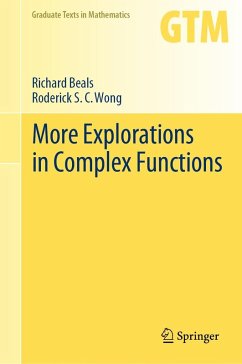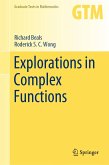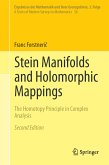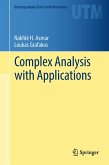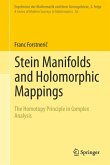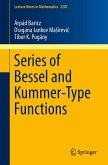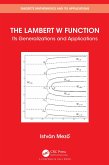The text begins with two introductory chapters to be used as a resource. Chapters 3 and 4 are stand-alone introductions to complex dynamics and to univalent function theory, including deBrange's theorem, respectively. Chapters 5-7 may be treated as a unit that leads from harmonic functions to covering surfaces to the uniformization theorem and Fuchsian groups. Chapter 8 is a stand-alone treatment of quasiconformal mapping that paves the way for Chapter 9, an introduction to Teichmüller theory. The final chapters, 10-14, are largely stand-alone introductions to topics of both theoretical and applied interest: the Bergman kernel, theta functions and Jacobi inversion, Padé approximants and continued fractions, the Riemann-Hilbert problem and integral equations, and Darboux's method for computing asymptotics.
Dieser Download kann aus rechtlichen Gründen nur mit Rechnungsadresse in A, B, BG, CY, CZ, D, DK, EW, E, FIN, F, GR, HR, H, IRL, I, LT, L, LR, M, NL, PL, P, R, S, SLO, SK ausgeliefert werden.
Hinweis: Dieser Artikel kann nur an eine deutsche Lieferadresse ausgeliefert werden.
The material is presented very well ... . The book is excellent as a quick introduction to an outsider to any of the topics included in the book, or as supplementary reading for a topics based second course in complex analysis. (Amol Sasane, zbMATH 1529.30001, 2024)

